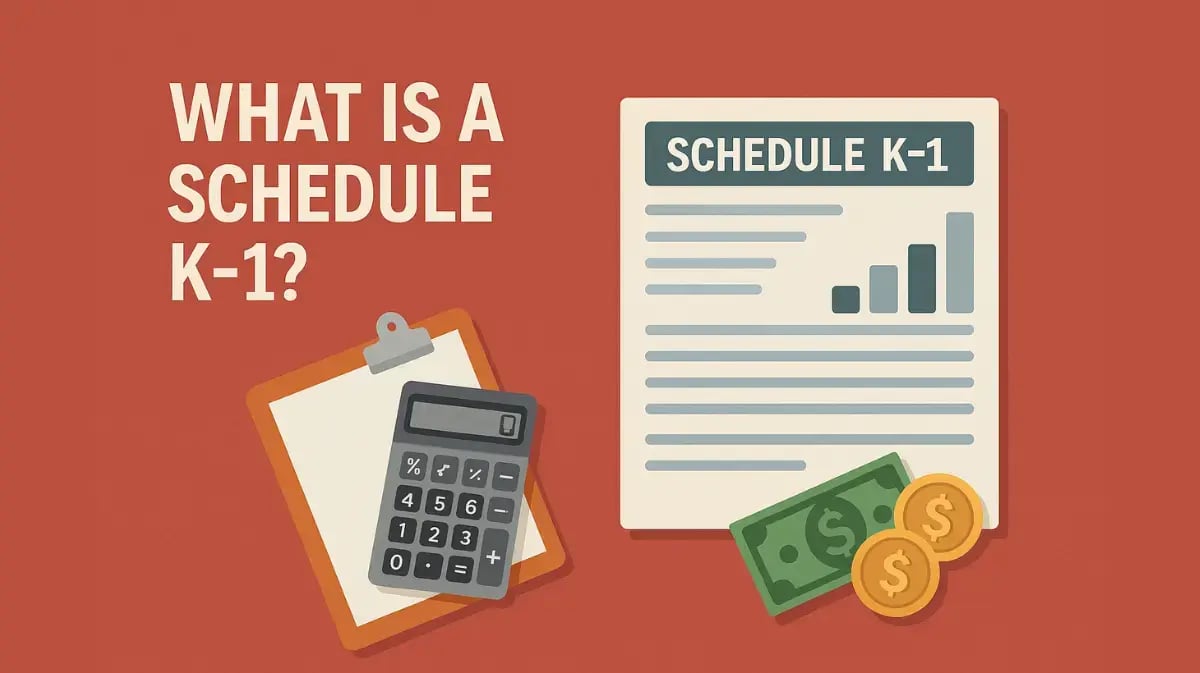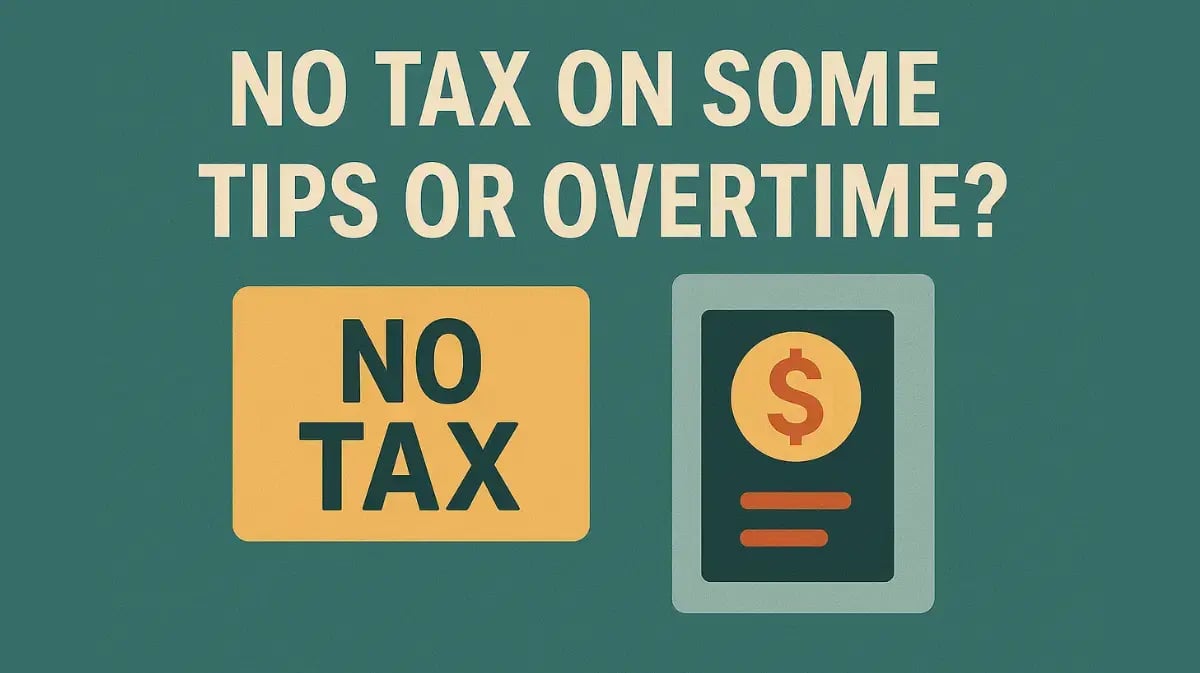Successful supervisors know how and when to be assertive. They communicate their needs in a way that earns them respect and gets results.
Let's say your company needs a big budgeting project completed by the end of the week.
Here are seven strategies that can help a supervisor communicate effectively, hit the deadline, and get good results:
Choose the right time
Supervisors need to spend the time necessary to impress upon employees the importance of a project or even certain tasks. Imagine you're running down the hall, late for a meeting. You pass an employee on your team and call out: "Let's shoot to have the budgeting project done by Friday!" Startled, the employee gives you the thumbs-up as you duck into the meeting room. All might seem to be well but, because you didn't set aside the time and space to clearly discuss the issue, the employee might misconstrue the urgency of the project. Reinforce this point with your supervisors. And remind them that reserving a specific time to talk applies to remote workers, too!
Choose the right place
In an office setting, a closed, private space is best when discussing major issues, such as a big budgeting project or criticizing job performance. It's also a good idea to use neutral locations. For example, a meeting room is typically better than someone's office. Neutral locations generally provide more personal space and let parties leave more easily if the discussion becomes heated or hits a dead end. Obviously, this point isn't particularly applicable to remote workers.
Be direct
Supervisors should state deadlines clearly. For example: "I need the budgeting project completed by the end of the day on Friday. Put in some overtime if you have to." Or simply: "You need to finish the budgeting project by the end of Friday afternoon." Whether or not employees like a supervisor's requests, they'll usually respect someone who doesn't beat around the bush. Another tact that can help employees feel more empowered is asking questions. For instance: "Could you work some overtime on the budgeting project so we can finish it by Friday?" The question shifts responsibility for the decision from your shoulders to the person being asked.
Don't use the word "we."
Train your supervisors to use "I" and "you." For example, when giving directions, they shouldn't say, "We need the budgeting project done by Friday." It's better to say: "I need you to finish the project by Friday." Using "we" tends to sound impersonal and contrived, particularly if the employee does most of the hands-on work at that stage. Supervisors need to communicate that they're accountable for their departments' or teams' productivity and results. Using "I" makes it clear that the supervisor is leading the effort to complete the project in question and needs the employee's help.
Be specific
Supervisors shouldn't give vague directions such as: "Put a rush on the project and get it to me ASAP." Instead, they should say: "I need the budgeting project finished and on my desk by 5 p.m. Friday at the latest."
Use body language to support clarity and importance
"I need that budget project finished by the close of business Friday" is plenty assertive. But if the supervisor mumbles the words while staring at the floor, the employee might wonder how important the deadline really is. Train your managers on the importance of eye contact, appropriate facial expressions, and other good uses of body language.
Confirm communication
Advise supervisors that, if they're worried that their messages are getting muddled, they should ask employees to take notes at meetings. Then, at the very end of the meeting, the supervisor should call on employees and ask them to repeat back the points covered. This is a great way to quickly assess whether employees accurately understood the content covered and to clear up any misconceptions. Another sound practice is to follow up a meeting with an email reviewing the points discussed. Doing so not only summarizes the most important particulars but also creates a written record of what was discussed.
© 2024
Blog Disclaimer: Nothing in this post constitutes legal, tax, or financial advice and is intended for informational and educational purposes only. This informational and educational material is not intended, and must not be taken, as legal, tax, or financial advice on any particular set of facts or circumstances or as recommendations that are suitable for any specific person. You need to contact a lawyer, accountant, or financial adviser licensed in your jurisdiction for advice on your specific questions, issues, and concerns. View our full here.















%20Early.webp?width=1200&height=673&name=5%20Consequences%20of%20Withdrawing%20from%20a%20401(k)%20Early.webp)








